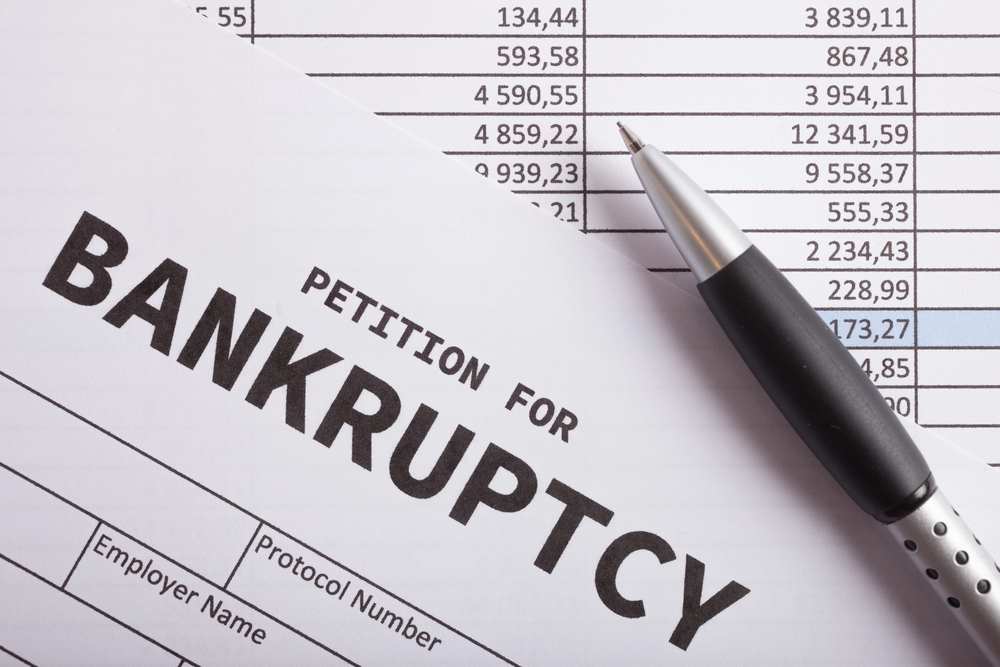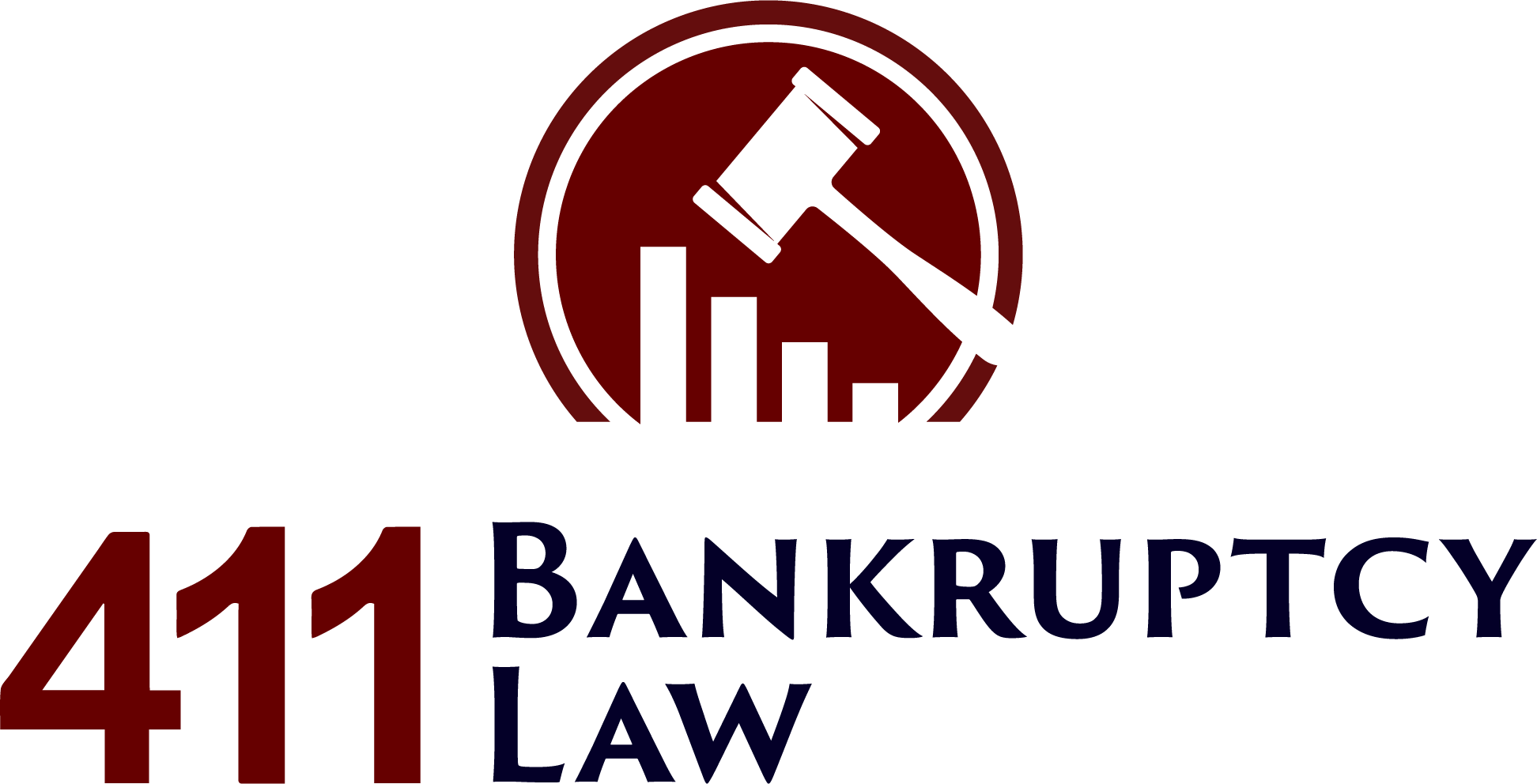What Is Chapter 7 Bankruptcy?
Overview of Chapter 7 Bankruptcy
Chapter 7 bankruptcy, also known as “liquidation bankruptcy,” allows individuals to eliminate most unsecured debts, giving them a new financial beginning. In this process, a bankruptcy trustee might sell non-exempt assets to repay creditors. This option is intended for those who cannot repay their debts, offering a solution to alleviate financial stress.
How Chapter 7 Differs from Other Bankruptcy Types
Chapter 7 differs significantly from Chapter 13 and Chapter 11 bankruptcies. Unlike Chapter 13, which involves a repayment plan, Chapter 7 discharges debts without requiring repayment. Chapter 11, typically used by businesses, focuses on reorganization rather than liquidation. Chapter 7 provides immediate relief from creditors through the automatic stay, which halts collections and lawsuits.
Eligibility for Chapter 7 Bankruptcy
Means Test Requirement
The means test determines eligibility for Chapter 7 bankruptcy by comparing your income to the median income in your state. If your income is below the median, you qualify automatically. If not, further calculations consider your expenses to establish eligibility.
Income and Asset Considerations
To qualify for Chapter 7, your disposable income should be low enough to pass the means test. Additionally, your assets will be evaluated to determine what can be liquidated to pay creditors. Non-exempt assets, such as luxury items, may be sold, while exempt assets, like necessary clothing and certain home equity, are protected.
Who Can File for Chapter 7?
Chapter 7 is available to individuals, married couples, corporations, and partnerships. To file, you must meet residency requirements and complete a credit counseling course. It’s crucial to consult with a bankruptcy attorney to ensure you meet all criteria.
The Chapter 7 Bankruptcy Process
Filing the Bankruptcy Petition
Required Documentation
When filing for Chapter 7 bankruptcy, you must submit a petition along with various forms detailing your financial situation. This includes a list of assets, liabilities, income, expenses, and recent financial transactions. Accuracy and completeness are essential to avoid complications.
Filing Fees and Waivers
Filing fees for Chapter 7 are approximately $335, which can be waived for low-income filers. Payment plans may also be available. Consult your attorney for assistance with fee waivers and payment options.

Automatic Stay Protection
What Is an Automatic Stay?
The automatic stay is a provision that halts most collection actions against you once your bankruptcy petition is filed. It stops creditors from contacting you, garnishing wages, or foreclosing on your home, providing immediate relief.
How It Protects You
The automatic stay protects you from creditor harassment and allows you to focus on the bankruptcy process without pressure from collection agencies. It remains in effect throughout the bankruptcy case, unless lifted by the court.
The Role of the Bankruptcy Trustee
Trustee’s Responsibilities
The bankruptcy trustee administers your case, reviews your petition, and liquidates non-exempt assets. The trustee’s goal is to maximize returns for unsecured creditors by selling non-exempt property and distributing the proceeds.
Meeting of Creditors (341 Meeting)
The 341 meeting is a mandatory session where you answer questions from the trustee and creditors about your financial situation. Honesty and thorough preparation are vital, as the meeting determines the course of your bankruptcy case.
Liquidation of Non-Exempt Assets
Understanding Exemptions
Exemptions protect certain property from being sold in bankruptcy. Federal and state laws dictate what assets are exempt, including basic household items, tools of the trade, and a portion of home equity. Understanding these exemptions is crucial for asset protection.
What Happens to Non-Exempt Assets?
Non-exempt assets are sold by the trustee to repay creditors. This can include luxury items, additional properties, and valuable collections. Proper planning with an attorney can help you understand what might be at risk.
Discharge of Debts
Which Debts Are Dischargeable?
Most unsecured debts, such as credit card debt, medical bills, and personal loans, are dischargeable in Chapter 7 bankruptcy. This discharge frees you from the obligation to repay these debts, providing a fresh financial start.
Debts That Cannot Be Discharged
Certain debts, including student loans, child support, alimony, and most tax obligations, cannot be discharged in Chapter 7 bankruptcy. Understanding these exceptions helps manage expectations and plan for future financial stability.
Pros and Cons of Chapter 7 Bankruptcy
Advantages of Filing Chapter 7
Quick Discharge of Debts
Chapter 7 typically results in the discharge of debts within a few months, offering fast relief from financial burdens and enabling you to rebuild your credit and life sooner.
Immediate Relief from Creditors
The automatic stay provides immediate protection from creditors, stopping collection actions and giving you breathing room to navigate the bankruptcy process without added stress.
Disadvantages of Filing Chapter 7
Impact on Credit Score
Filing for Chapter 7 significantly impacts your credit score, and the bankruptcy remains on your credit report for up to 10 years. Rebuilding credit takes time and effort but is achievable with diligent financial management.
Loss of Non-Exempt Property
The potential loss of non-exempt property is a major drawback of Chapter 7. Carefully reviewing your assets with an attorney can help mitigate this risk and plan for any potential asset liquidation.
Life After Chapter 7 Bankruptcy
Rebuilding Credit
Steps to Improve Your Credit Score
Rebuilding your credit involves responsible financial behavior, such as paying bills on time, maintaining low credit card balances, and avoiding new debt. Secured credit cards and small loans can help re-establish a positive credit history.
Securing Credit After Bankruptcy
Obtaining credit post-bankruptcy may be challenging but possible. Start with secured credit cards or credit-builder loans, and demonstrate responsible use to gradually improve your creditworthiness.
Financial Planning Post-Bankruptcy
Budgeting and Saving
Creating a budget and sticking to it is essential after bankruptcy. Prioritize saving to build an emergency fund and avoid falling back into debt. Financial planning can help you achieve long-term stability and security.
Avoiding Future Debt Issues
Learning from past mistakes and avoiding future debt issues is crucial. Seek financial education resources, monitor your credit, and adopt prudent spending habits to maintain a healthy financial status.
Frequently Asked Questions About Chapter 7 Bankruptcy
Is Chapter 7 Bankruptcy Right for You?
Consulting with a Bankruptcy Attorney
Deciding whether Chapter 7 bankruptcy is right for you involves careful consideration of your financial situation, goals, and potential impacts. Consulting with a bankruptcy attorney provides expert guidance and helps you make an informed decision tailored to your needs.


